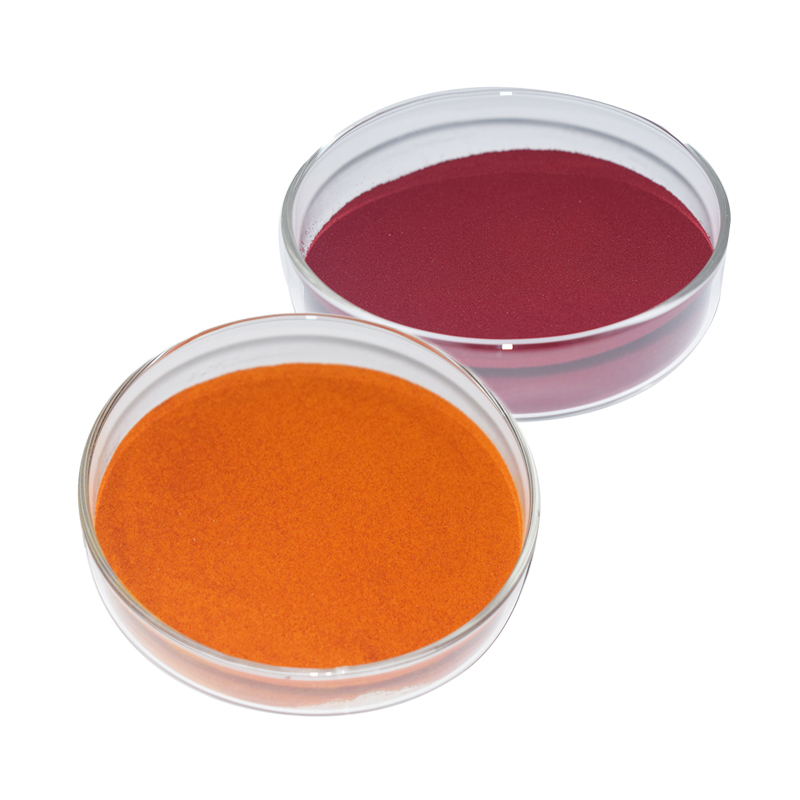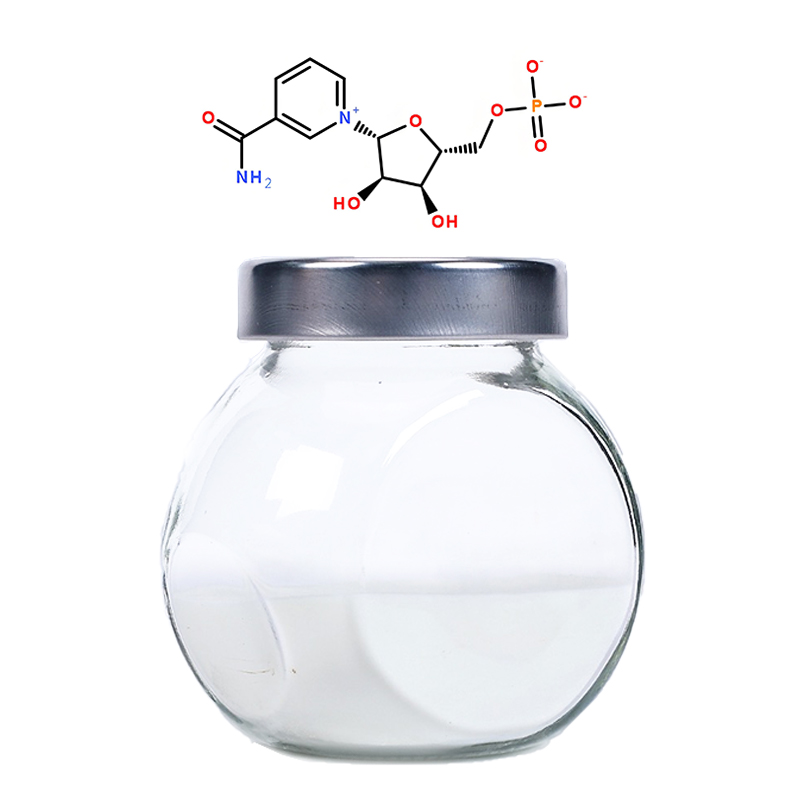
Understanding the Importance of Beta-Carotene for Eye Health
2025-01-24 03:22:33
Beta-carotene is a powerful antioxidant that plays a crucial role in maintaining eye health. It is part of the carotenoid family and is also known as a precursor to vitamin A. In the human body, beta-carotene is converted into vitamin A, which is essential for the visual process. This article will explore the significance of beta-carotene for eye health, its sources, and how to supplement it effectively.
The Role of Vitamin A in Vision
To understand the importance of beta-carotene, we first need to recognize the vital role of vitamin A in vision. Vitamin A is a component of visual pigments in the eyes, where it interacts with light, helping our eyes perceive light and convert it into visual information. A deficiency in vitamin A can lead to night blindness, a condition that impairs vision in low-light environments. Long-term vitamin A deficiency may lead to more severe problems, such as dry eye syndrome and even blindness.
Beta-Carotene Conversion and Regulation
The conversion of beta-carotene into vitamin A in the body is a self-regulated process. This means that the body adjusts the conversion rate based on its needs. This regulation is essential because an excess of vitamin A can also negatively impact eye health. Therefore, maintaining an appropriate intake of beta-carotene is key to ensuring optimal vision health.
Sources of Beta-Carotene
Beta-carotene is primarily found in orange and yellow fruits and vegetables, such as carrots, pumpkins, sweet peppers, tomatoes, and citrus fruits. It is also present in dark green leafy vegetables like spinach and kale. These foods not only provide beta-carotene but also contain other nutrients beneficial for eye health, such as vitamins C and E.
Supplementing Beta-Carotene
In addition to dietary sources, beta-carotene can be supplemented through pills or other products. Beta-carotene supplements are widely available in the market; however, it is important to consult a healthcare professional before taking them. Excessive intake of beta-carotene may lead to side effects such as skin yellowing, dizziness, or nausea. Therefore, it is crucial to determine the correct dosage.
Practical Benefits of Beta-Carotene for Eye Health
Improving Night Vision
Beta-carotene is vital for improving night vision. Night blindness, caused by vitamin A deficiency, can be alleviated by ensuring an adequate intake of beta-carotene. This allows individuals to see more clearly in low-light conditions.
Protecting the Eyes from Light-Induced Damage
Our eyes are frequently exposed to ultraviolet (UV) radiation from sunlight, which can damage the eyes, especially during prolonged sun exposure or extended use of electronic devices. The antioxidant properties of beta-carotene help neutralize free radicals, reducing oxidative damage to eye tissues and protecting the retina and lens.
Preventing Cataracts
Beta-carotene has been linked to preventing cataracts, a condition where the lens of the eye becomes cloudy, significantly impairing vision. The antioxidants in beta-carotene help reduce oxidative stress, lowering the risk of cataract formation.
Supporting Surface Eye Health
Dry eye syndrome, which results from insufficient or abnormal tear production, is another eye condition that may benefit from beta-carotene. Beta-carotene has been shown to promote tear production, maintaining eye lubrication and surface protection.
Conclusion
In summary, beta-carotene is essential for eye health. As a significant source of vitamin A, it supports the normal function of the visual process. By protecting the eyes from light damage, improving night vision, and preventing cataracts and dry eye syndrome, beta-carotene plays a vital role in maintaining eye health. To obtain the benefits of beta-carotene, it is important to consume a diet rich in fruits and vegetables that provide this nutrient or consider supplementation when necessary, always under professional guidance.













